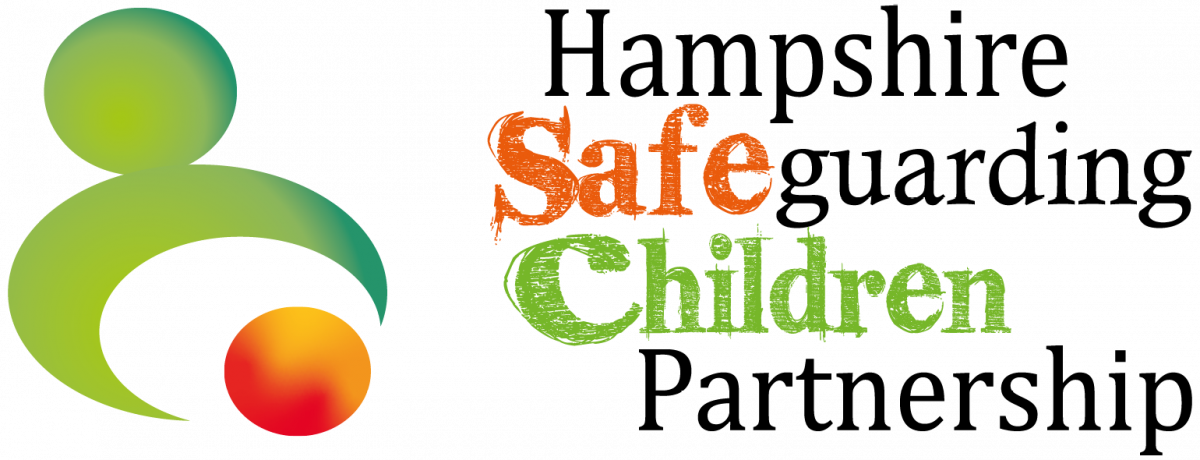Bruising in Babies Who are not Independently Mobile
What does ‘Not Independently Mobile’ mean?
It means babies who are not yet able to move around on their own, such as rolling, crawling, or pulling themselves up to stand. These babies need another person to help move them from one place to another. They can’t do it by themselves.
What is Bruising?
Bruising is what happens when you get hurt and your blood vessels get damaged. This makes blood leak out of the vessels and get trapped under your skin. Since there’s no way for the blood to escape, it forms a mark or a colour change on the surface of the skin. Bruises can be different sizes, shapes, and colours.
Why is bruising a concern?
Bruising can sometimes be a sign of a hidden medical problem that hasn’t been diagnosed before. That’s why it’s important to take a close look at the bruise. Bruising in babies can also be caused by someone intentionally hurting them, therefore, every baby with a bruise needs to be thoroughly examined to make sure they’re safe.
Is bruising or injury common in babies?
No. Bruising in babies who are not yet able to move around (like rolling or crawling) is not normal. It is very unusual for a baby to get a bruise during everyday activities such as nappy changes, bathing or feeding.
Support available
If your baby has a bruise:
You may have already talked to your midwife or doctor. If that’s the case, more information and support can be found in the Resources and Useful Links sections below.
If you notice any marks or bruises on your baby:
- Show the marks or bruises to your midwife, doctor, or health visitor and ask for them to be written down.
- Take a photo of any marks on your baby’s body that were present when they were born.
- If you notice any marks or bleeding in your baby’s eye after you’ve been discharged by your midwife, please make a face to face appointment to see your doctor.
If you need urgent health advice, please call your doctor, go to a walk in centre or call NHS 111. For emergencies call 999 or visit A&E.
What happens now?
When anyone working with children finds a bruise or unexplained mark on your baby, they must follow the protocol to make sure your baby is safe. You can find more information about this process in a leaflet by clicking on this link.
The protocol involves three steps:
- Children’s social services will be contacted to report the bruise.
- Social services will carry out an assessment by gathering information from other services and your family.
- Your baby might see a children’s doctor for an assessment. A social worker and police officer might also attend.
We know that this process can be stressful and worrying for you, but you will be kept informed about what’s happening and you will be treated with respect and kindness. If you don’t understand any part of the process, please ask the professionals involved and they will explain it to you in more detail.
Support for you and your family will be given by people working with you during and after the process.
Resources
Download the Bruising and injury in young babies leaflet for parents and carers.
Download the Early Help leaflet for parents and carers.
Useful links
Hampshire Healthy Families – Hampshire Healthy Families is a partnership between Southern Health NHS Foundation Trust and Barnardo’s to deliver the healthy child programme across Hampshire. They offer helpful, free advice and guidance.
Healthier Together (what0-18.nhs.uk) – Provides information and resources to improve the health of children and young people in Dorset and Hampshire.
Family Lives – Hampshire – Family Lives in Hampshire provides information, advice, guidance and support on all areas of parenting and family life.
Citizens Advice – Offer confidential advice online, over the phone, and in person, for free. Adviceline: 0800 144 8848.
NSPCC | The UK children’s charity | NSPCC – National Society for the Prevention of Cruelty to Children. NSPCC Helpline: 0808 800 5000 or email: help@NSPCC.org.uk.
Family Rights Group – A charity that advises parents, grandparents, relatives and friends about their rights and options when social workers or courts make decisions about their children’s welfare. They work with parents whose children are in need, at risk or are in the care system and with wider family members and friends who are raising children (known as kinship carers). Free adviceline: 0808 8010366.
NHS 111 – 111 Online will direct you to the best place to get help if you are worried about your baby.
Find your nearest A&E – NHS – Find urgent and emergency care services in your area.
